Here is the list of best Vitamin K rich foods –
Vitamin K Rich Foods
- Kale
- Green beans
- Hard cheese
- Mustard greens
- Kiwi
- Pea
- Collard green
- Soybean oil
- Spinach
- Avocado
- Broccoli
- Soft cheese
- Brussel sprouts
Vitamin-K Rich Vegetables
- Kale
- Mustard greens
- Cabbage
- Broccoli
- Collard green
- Brussel sprouts
- Spinach
Vitamin-K Rich Fruits
- Kiwi
- Avocado
- Plum
- Pomegranate
- Black mulberry
- Blueberry
- Tomato
- Grape
- Fig
Vitamin-K Rich Nuts and Lentils
- Green beans
- Walnuts
- Soybean
- Hazelnuts
- Cashew
- Beans
- Chilgoza
- Pecans
- Green peas
Vitamin K
- Vitamin-K is a group of compounds that are in two groups – Vitamin-K1 and Vitamin-K2.
- The most common is its vitamin-K1 form, which can be obtained from plant sources.
- Whereas vitamin-K2 can be obtained from animal foods.
Daily amount of vitamin K in the following foods –
- Kale – 817 mcg per 100 grams
- Walnuts – 2.7 mcg per 100 grams
- Green beans – 48 mcg per 100 grams
- Plums – 60 mcg per 100 grams
- Hard Cheese – 87 mcg per 100 grams
- Pomegranate – 16 mcg per 100 grams
- Mustard greens – 593 mcg per 100 grams
- Blackberries – 20 mcg per 100 grams
- Kiwi – 40 mcg per 100 grams
- Hazelnuts – 14 mcg per 100 grams
- Peas – 26 mcg per 100 grams
- Grapes – 15 mcg per 100 grams
- Collard Green – 407 mcg per 100 grams
- Soybean oil – 184 mcg per 100 grams
- Tomato – 43 mcg per 100 grams
- Rajma – 8.4 mcg per 100 grams
- Spinach – 483 mcg per 100 grams
- Figs – 16 mcg per 100 grams
- Avocado – 21 mcg per 100 grams
- Blueberries – 19 mcg per 100 grams
- Broccoli – 141 mcg per 100 grams
- Cashew – 34 mcg per 100 grams
- Soft cheese – 59 mcg per 100 grams
- Brussels Sprouts – 140 mcg per 100 grams
Lastly
One of the essential nutrients for our body is Vitamin-K which plays an important role in blood clotting, heart health, and bones.
(Learn – Benefits and side effects of Paneer)
Vitamin-K deficiency is quite rare, which affects health over time. If not consumed properly, the risk of bleeding, weak bones, and heart disease can develop. Therefore, eating the foods listed above can be beneficial.
References –




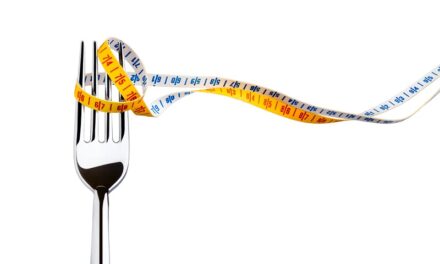
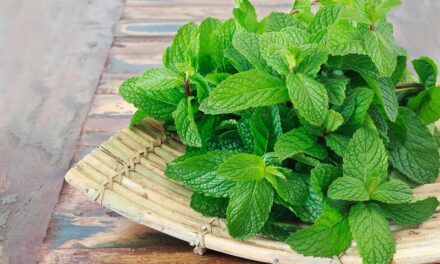



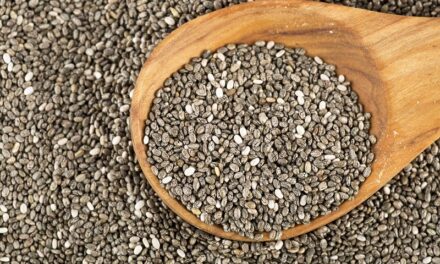




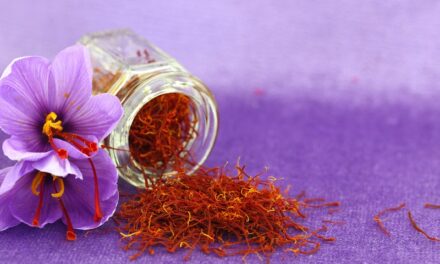
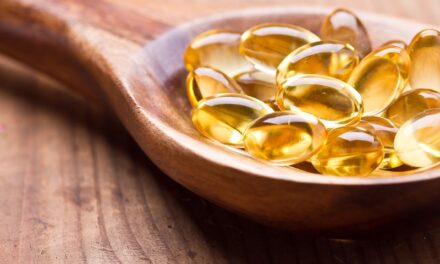

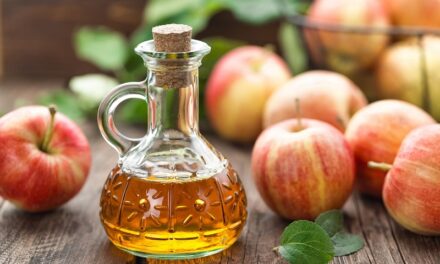
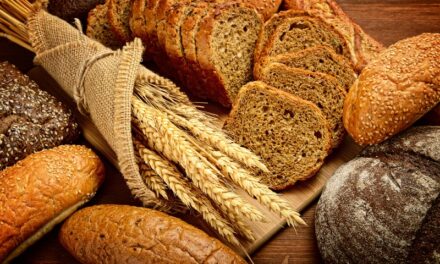



 English
English हिन्दी
हिन्दी








